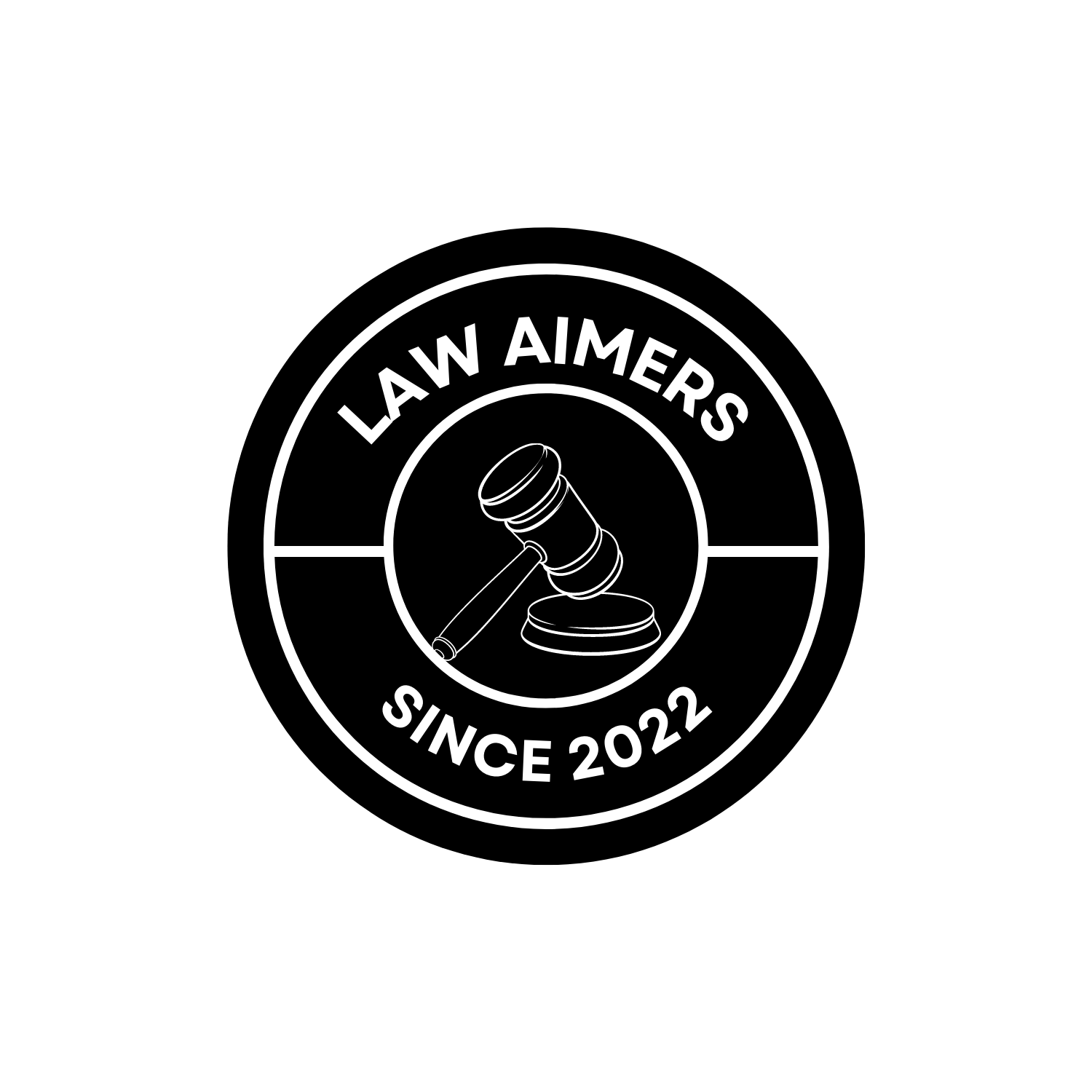The Court may presume the existence of any fact which it thinks likely to have happened, regard being had to the common course of natural events, human conduct and public and private business, in their relation to the facts of the particular case.
Illustrations
The Court may presume ––
(a) that a man who is in possession of stolen goods soon after the theft is either the thief or has received the goods knowing them to be stolen, unless he can account for his possession;
(b) that an accomplice is unworthy of credit, unless he is corroborated in material particulars;
(c) that a bill of exchange, accepted or endorsed, was accepted or endorsed for good consideration;
(d) that a thing or state of things which has been shown to be in existence within a period shorter than that within which such things or states of things usually cease to exist, is still in existence;
(e) that judicial and official acts have been regularly performed;
(f) that the common course of business has been followed in particular cases;
(g) that evidence which could be and is not produced would, if produced, be unfavourable to the person who withholds it;
(h) that if a man refuses to answer a question which he is not compelled to answer by law, the answer, if given, would be unfavourable to him;
(i) that when a document creating an obligation is in the hands of the obligor, the obligation has been discharged.
But the Court shall also have regard to such facts as the following, in considering whether such maxims do or do not apply to the particular case before it: ––
as to illustration (a) –– a shop-keeper has in his bill a marked rupee soon after it was stolen, and cannot account for its possession specifically, but is continually receiving rupees in the course of his business;
as to illustration (b) ––A, a person of the highest character is tried for causing a man’s death by an act of negligence in arranging certain machinery. B, a person of equally good character, who also took part in the arrangement, describes precisely what was done, and admits and explains the common carelessness of A and himself;
as to illustration (b) –– a crime is committed by several persons. A, B and C, three of the criminals, are captured on the spot and kept apart from each other. Each gives an account of the crime implicating D, and the accounts corroborate each other in such a manner as to render previous concert highly improbable;
as to illustration (c) –– A, the drawer of a bill of exchange, was a man of business. B, the acceptor, was a young and ignorant person, completely under A’s influence;
as to illustration (d) –– it is proved that a river ran in a certain course five years ago, but it is known that there have been floods since that time which might change its course;
as to illustration (e) –– a judicial act, the regularity of which is in question, was performed under exceptional circumstances;
as to illustration (f) –– the question is, whether a letter was received. It is shown to have been posted, but the usual course of the post was interrupted by disturbances;
as to illustration (g) –– a man refuses to produce a document which would bear on a contract of small importance on which he is sued, but which might also injure the feelings and reputation of his family;
as to illustration (h) –– a man refuses to answer a question which he is not compelled by law to answer, but the answer to it might cause loss to him in matters unconnected with the matter in relation to which it is asked;
as to illustration (i) –– a bond is in possession of the obligor, but the circumstances of the case are such that he may have stolen it.





